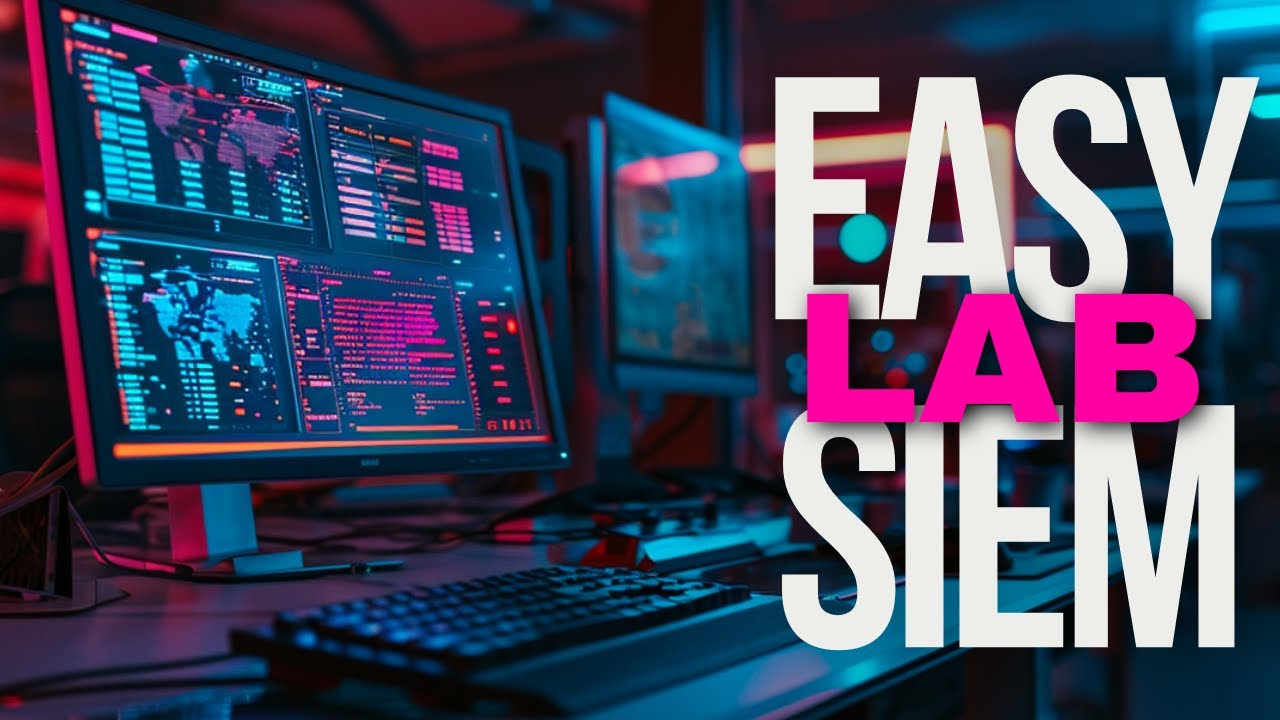BEGINNER HOME STUDIO SETUP (and why every musician needs one)
Summary
TLDRThis video offers an insightful guide to setting up a home music studio on a budget, ideal for those passionate about creating their own music. It highlights the essential gear needed, starting with a computer and an audio interface, followed by headphones, microphones, and a digital audio workstation (DAW). The video discusses the benefits of studio monitors, MIDI keyboards, mic stands, and cables while emphasizing gradual investment over time. Practical advice on selecting equipment, from audio interfaces to studio desks, aims to inspire viewers to begin their musical journey, regardless of experience.
Takeaways
- 🎸 Invest in setting up a home studio if you're passionate about making your own music. It doesn't have to be too expensive if done right.
- 💻 A mid-range computer (8GB RAM, 128GB storage) is usually sufficient for starting music production, whether you're using a Mac or PC.
- 🎚️ An audio interface is essential for recording instruments and microphones. It connects to your computer via USB, and some also support Thunderbolt.
- 🎧 A good pair of headphones is crucial for recording and mixing. Open-back headphones are ideal for mixing, while closed-back are better for recording.
- 🎤 A microphone is a must-have for recording vocals, instruments, or amplifiers. Starting with a large diaphragm condenser mic is recommended for beginners.
- 🎛️ You'll need a Digital Audio Workstation (DAW) to organize and record your tracks. Popular options include Ableton Live, Logic, FL Studio, and Cubase.
- 🔊 Studio monitors provide balanced sound for longer mixing sessions and are better than relying solely on headphones.
- 🎹 A MIDI keyboard or controller can simplify playing virtual instruments like pianos, drums, or synthesizers, making it easier to create music.
- 📐 Mic stands and various cables (USB, XLR, jack) are essential for ensuring smooth recording sessions. Invest in good quality ones to avoid issues.
- 💡 Build your studio gradually by upgrading equipment over time based on your needs, and consider additional gear like acoustic treatments and pop filters when things get more serious.
Q & A
What is the most important tool in a home music studio?
-The computer is considered the heart of the operation for a home music studio. It allows you to record, edit, and produce music, making it the most versatile and essential tool.
What are the minimum computer requirements for starting a home studio?
-A mid-range CPU, 8GB of RAM, and 128GB of storage are typically sufficient for starting a home studio. These specs allow for flexibility and performance without needing a high-end machine.
Why is an audio interface important for a home studio?
-An audio interface connects your instruments and microphones to the computer, amplifying signals and ensuring high-quality audio input and output. It is crucial for recording sound at a professional level.
What types of cables are needed for recording in a home studio?
-The main cables you'll need are quarter-inch jack cables and XLR cables. These allow you to connect instruments, microphones, and other audio gear to your audio interface and computer.
What is the purpose of studio headphones, and which types are available?
-Studio headphones are used for monitoring your recordings and mixing audio. There are two main types: open-back, which are great for mixing, and closed-back, which are ideal for recording because they reduce sound leakage.
What type of microphone is recommended for beginners in a home studio?
-A large diaphragm condenser microphone is recommended for beginners because it is versatile and can be used for vocals, acoustic guitars, and other instruments.
What is a DAW, and why is it essential for music production?
-A DAW (Digital Audio Workstation) is software that lets you record, edit, and produce music. It is essential for organizing, layering, and applying effects to your recordings.
Why are studio monitors recommended, and how should you choose them?
-Studio monitors provide balanced and transparent sound, helping you ensure your music sounds good on any system. The size of the monitors should match the size of your studio space.
How does a MIDI keyboard enhance music production?
-A MIDI keyboard allows you to play virtual instruments in your DAW, making it easier to compose music with different sounds like piano, drums, or synthesizers. It's more efficient than manually drawing in MIDI notes.
What are some additional items that can improve a home studio setup?
-Additional useful items include mic stands, various types of cables (USB, XLR, jack), and potentially acoustic treatment for better sound quality. Over time, upgrading to dedicated desks or computers can also help improve workflow.
Outlines

This section is available to paid users only. Please upgrade to access this part.
Upgrade NowMindmap

This section is available to paid users only. Please upgrade to access this part.
Upgrade NowKeywords

This section is available to paid users only. Please upgrade to access this part.
Upgrade NowHighlights

This section is available to paid users only. Please upgrade to access this part.
Upgrade NowTranscripts

This section is available to paid users only. Please upgrade to access this part.
Upgrade NowBrowse More Related Video

BEDAH SETUP STUDIO MINIMALIS & BUDGET MURAH - #IvanStudioWebcam

30 Music Production Tips in Under 16 Minutes

Best Beginner Keyboard 2025 - Buy Wrong & You'll Regret

How to Promote Your Music on Spotify with Facebook Ads (Full Guide)

Build a Powerful Home SIEM Lab Without Hassle! (Step by Step Guide)

Como GRAVAR Vídeos com OBS Studio | Vídeo Aula, Gameplay, Tutorial, Tela do PC (Grátis)
5.0 / 5 (0 votes)